British film director Stephen Frears was drawn to "Liam," about the making of an anti-Semite, partly because of a startling family secret he discovered in his late 20s.
His brother blurted out the news during his grandmother’s 90th birthday party, not long after Frears had married a Jewish woman. "He said how pleased our grandmother was that I had married a Jewish girl — and that our mother was Jewish," recalls Frears, 60, the director of "The Grifters" and "High Fidelity." "Of course I was surprised that something like this had been concealed from me for so long."
The revelation came out of left field. Frears and his mum had regularly attended Church of England services in his gritty hometown of Leicester, where, he recalls, "there was simply no evidence that Jews existed." Frears didn’t meet his first identifiable Jew until he was 13 and off at boarding school. "We called him ‘Ikey,’ which is what they used to call Jews in the East End, in an unthinking, schoolboy way," he says by phone from his home in the Notting Hill section of London.
Frears’ mother never revealed why she chose to conceal her background, but the director has his theories. Perhaps it was to rebel against her parents, he suggests; perhaps it was to conceal her German maiden name, Danziger, during World War II; perhaps it was to circumvent the covert anti-Semitism prevalent in Britain after the war. "People are very open about Jewishness in America, but in England, there’s a great deal of silence about it," he explains. "People just eliminate what they don’t like."
The anti-Semitism depicted in "Liam," now in theaters, is of a more strident nature. The setting is a rigidly Catholic neighborhood in 1930s Liverpool, where 7-year-old Liam (Anthony Borrows) prepares for his first Communion as his father becomes increasingly resentful toward the Jews.
The trouble starts when Dad is laid off by his Jewish employer, forcing Liam’s teenage sister to go to work as a servant for a Jewish adulteress (she’s bribed to keep silent about the affair). A Jewish pawnbroker and moneylender continually gouge the family. Eventually Dad becomes a fascist.
Frears admits some of his Jewish characters are less than flattering — but that is the point, he insists. "This is the story of a man who ends up as a Black Shirt, so of course his point of view is going to be hideously stereotyped," he says.
Liam’s impoverished childhood reminds Frears of his own early years during World War II. "I remember a lack of food," says the director, who is the son of a physician. "Most of the rooms in our house were closed because we couldn’t afford to heat them, so I basically sat with my mother in the kitchen for five or six years. I used to have baths in front of the fire, like a working-class child."
Even when his family’s lifestyle improved, Frears found Leicester to be "dull and oppressive." He escaped by retreating to the cinema twice a week.
In his 20s, the Cambridge law grad went to work for director Karel Reisz — known for "slice of life" films about the working class — and eventually churned out his own British TV movies about the working poor. His BBC film "My Beautiful Laundrette," about the relationship between a Cockney punk and a Pakistani immigrant, earned him international acclaim in 1985. Three years later, he came to Hollywood to make his first American film, "Dangerous Liaisons," starring Glenn Close and John Malkovich as French aristocrats bent on games of sexual revenge.
Frears made an interesting discovery while shooting subsequent U.S. films such as "Hero," starring Dustin Hoffman. "I found that the film industry here is dominated by Jews, and that America has a completed different attitude toward Jews than Britain," he says. "It was all much more public and upfront and talked about and part of life. So, as it were, the British silence had ended."
Yet, Frears never bothered to set foot in a synagogue or read up on Judaism. One reason, he hints, is a cruel irony that devastated him around the time he learned he was Jewish. His now 29-year-old son was born with a genetic illness, familial dysautonomia, that is carried by one in 30 Ashkenazi Jews. "His life has been dominated by this illness," Frears says. "I may not have known I was Jewish, but I carried the gene."
"Liam," based on Jimmy McGovern’s autobiographical screenplay, is one of the few times Frears has actively sought out anything to do with his heritage. "I was very aware that this was the first time I was making a film that dealt with the Jewish experience and people," he says. "I guess I was curious. I was sticking a toe into the water."







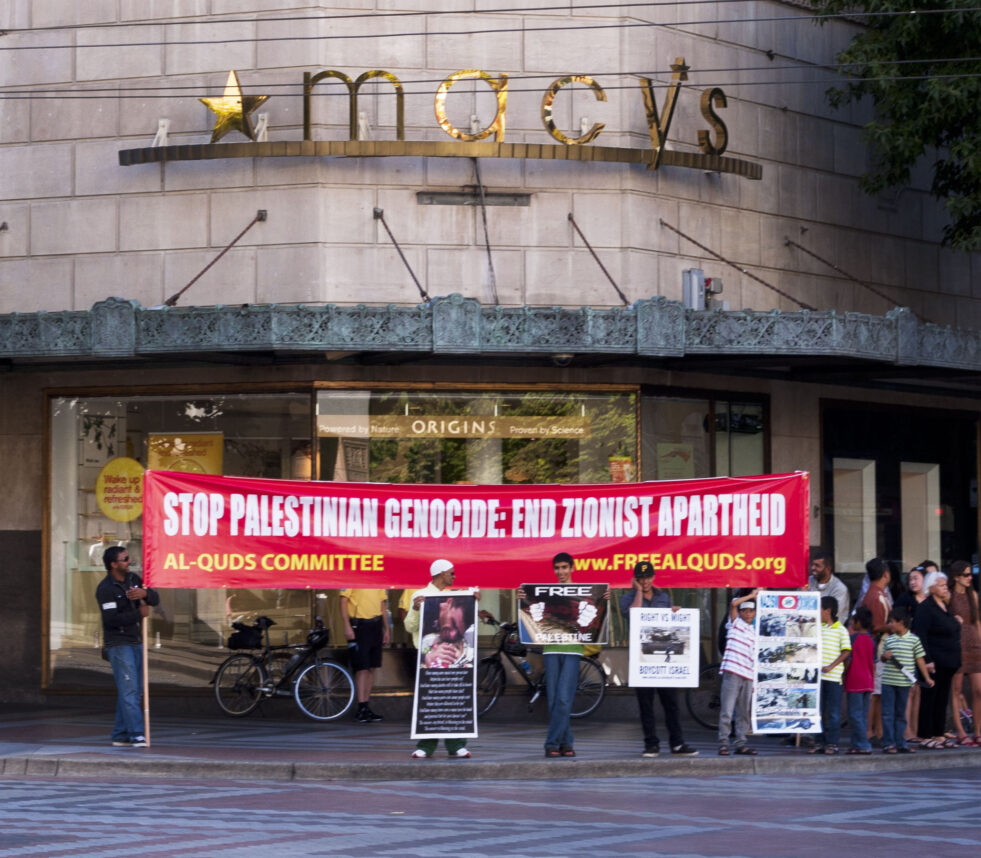
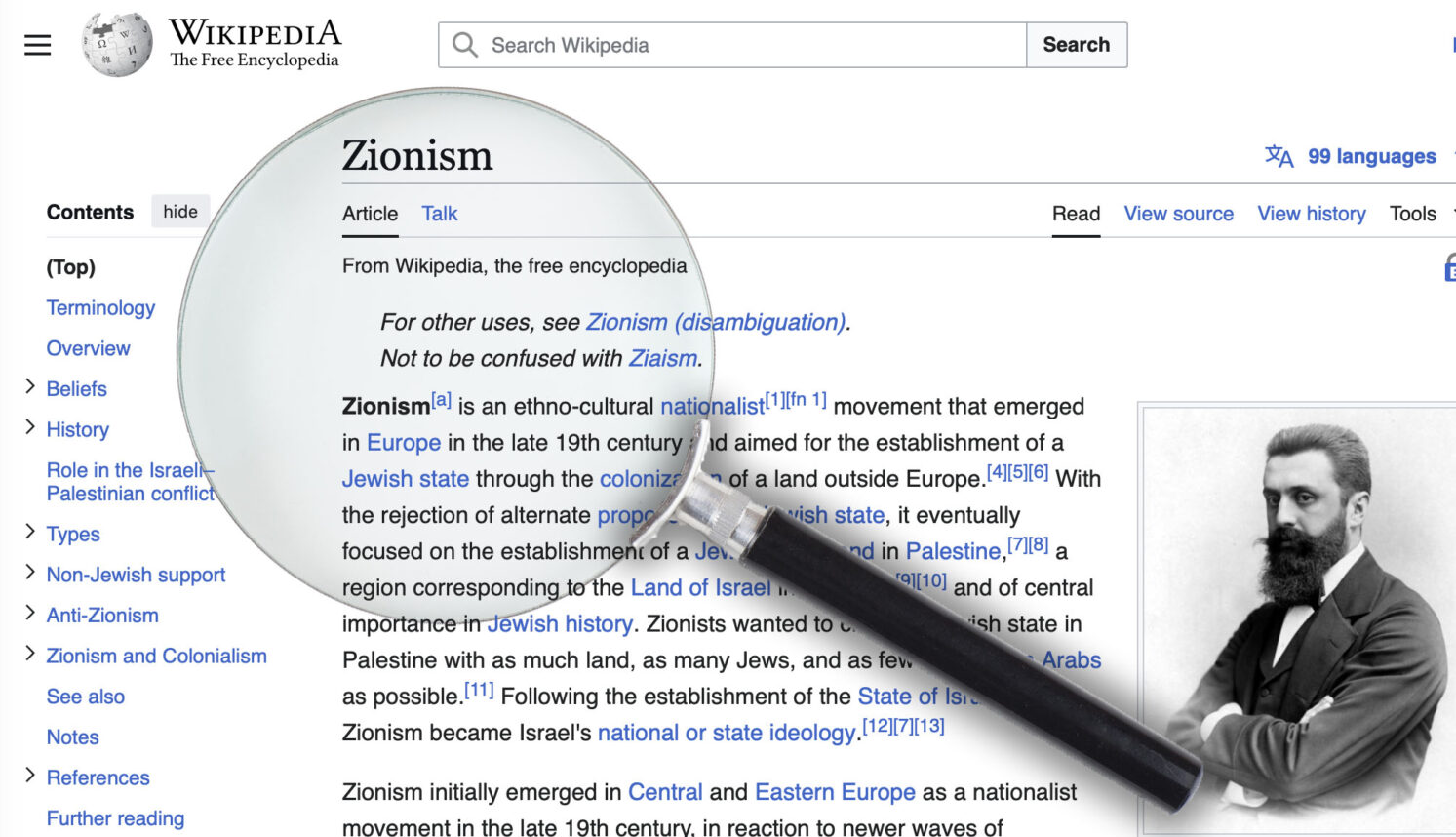


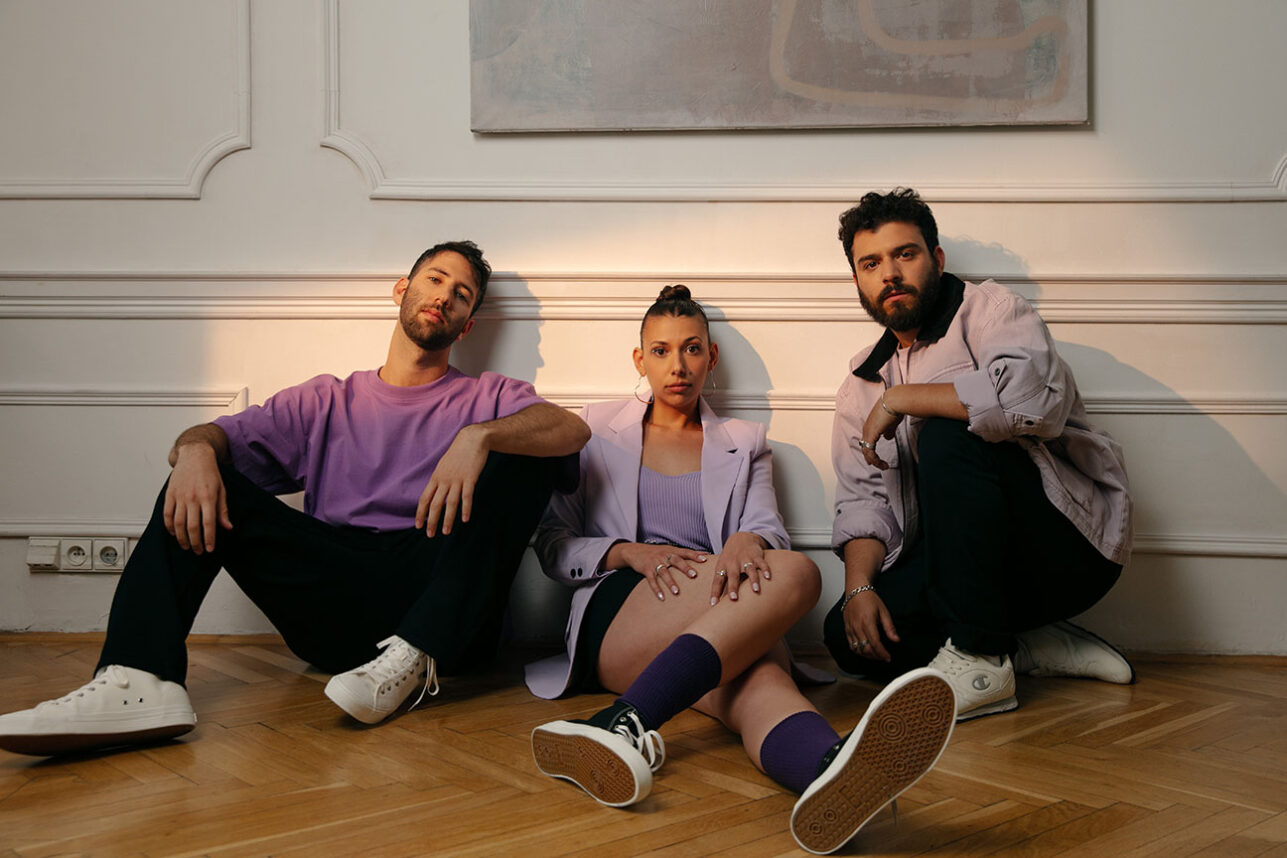

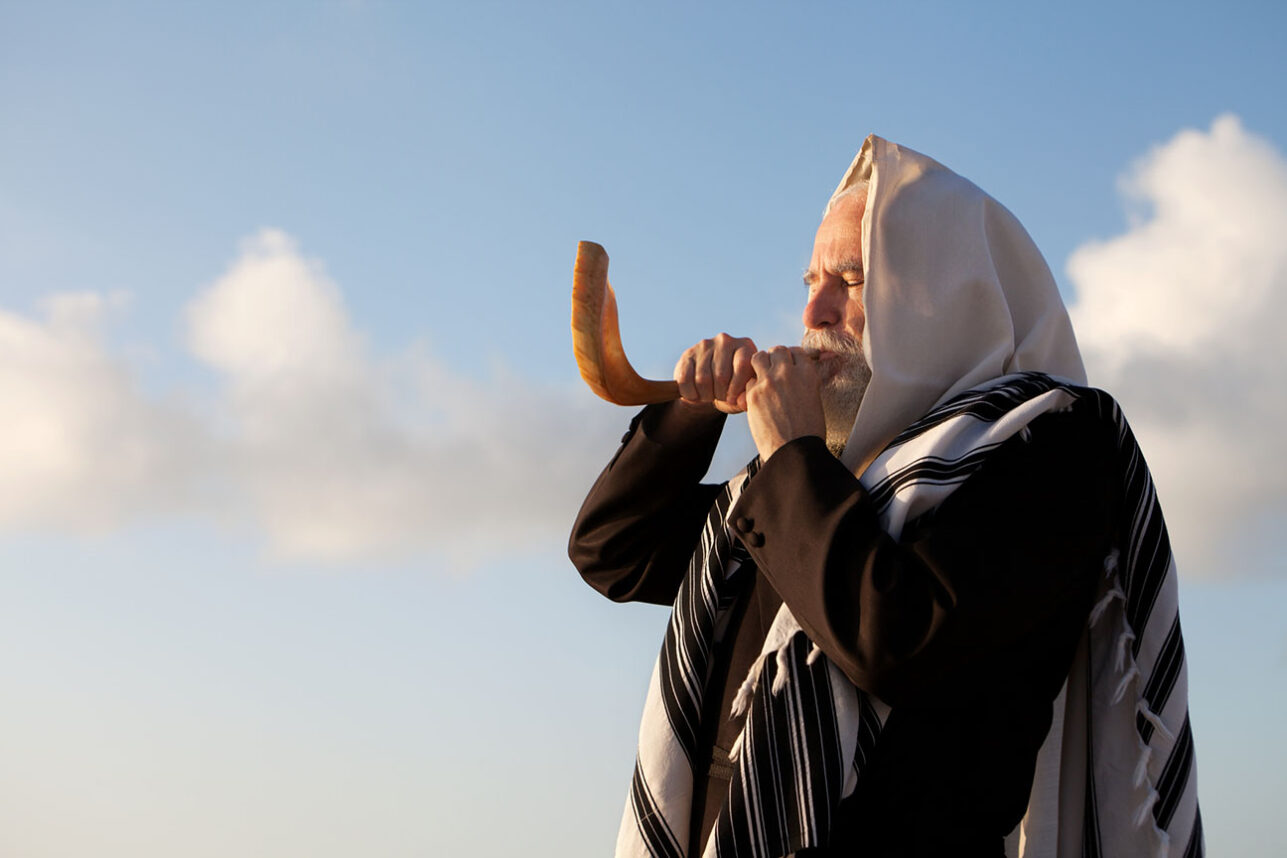
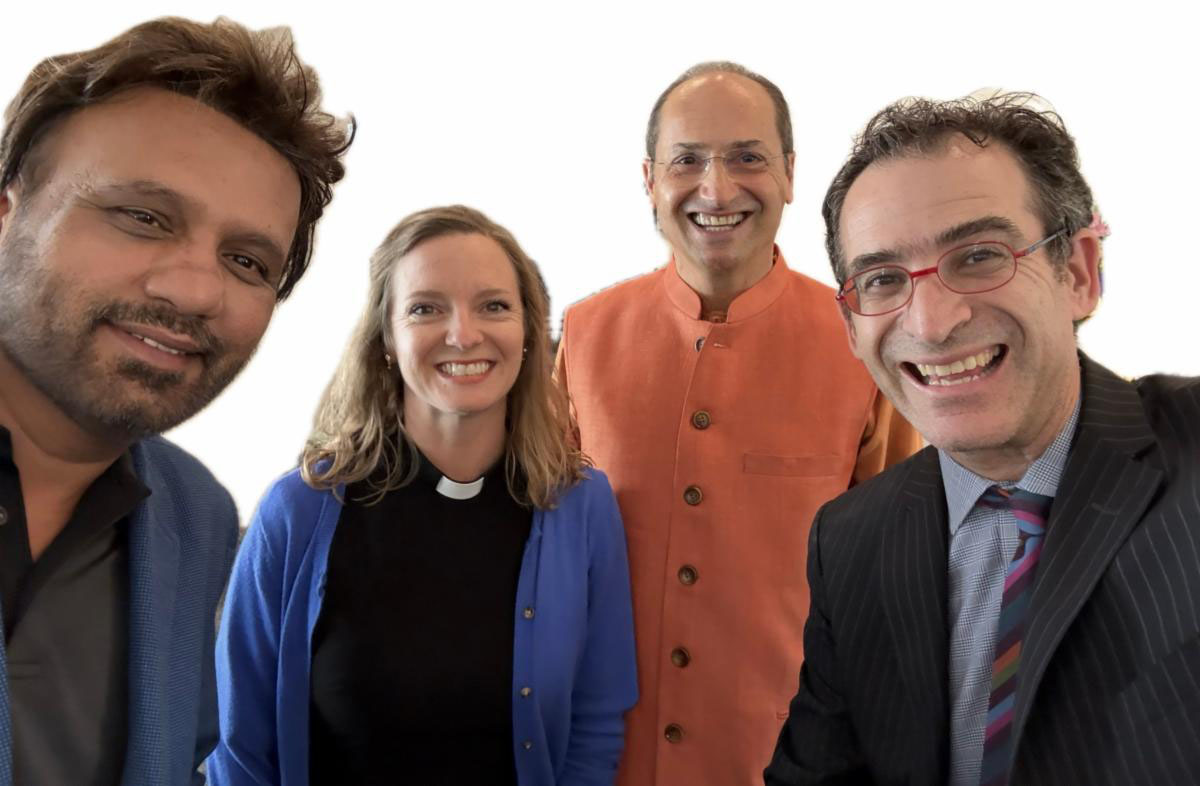
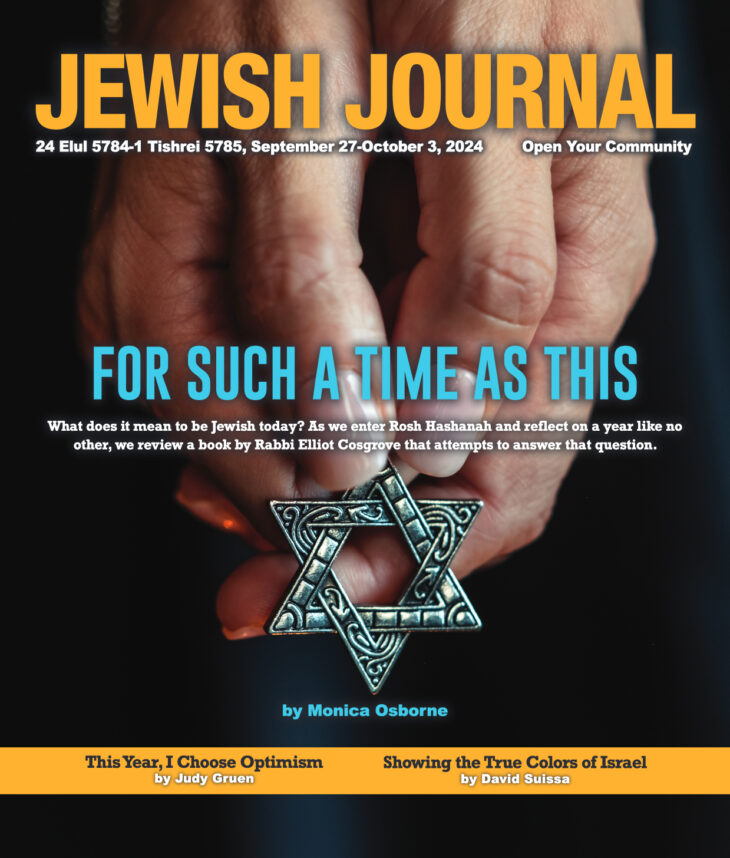




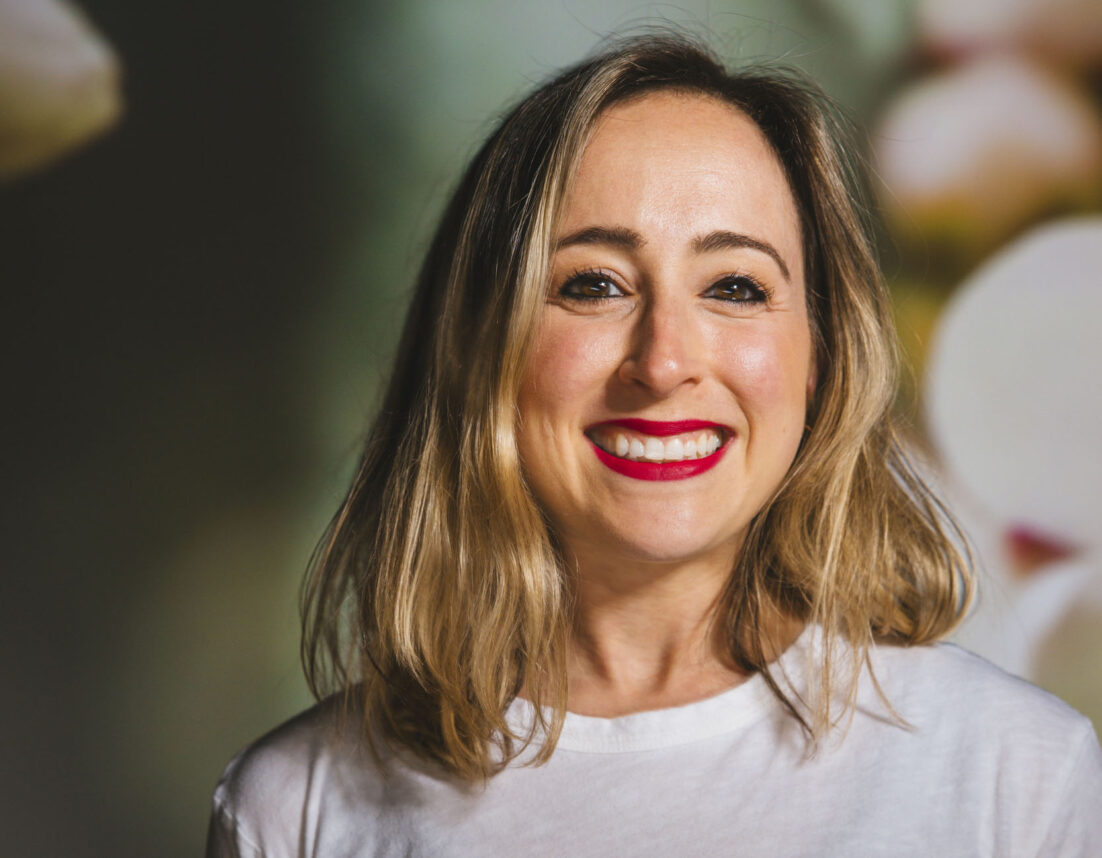
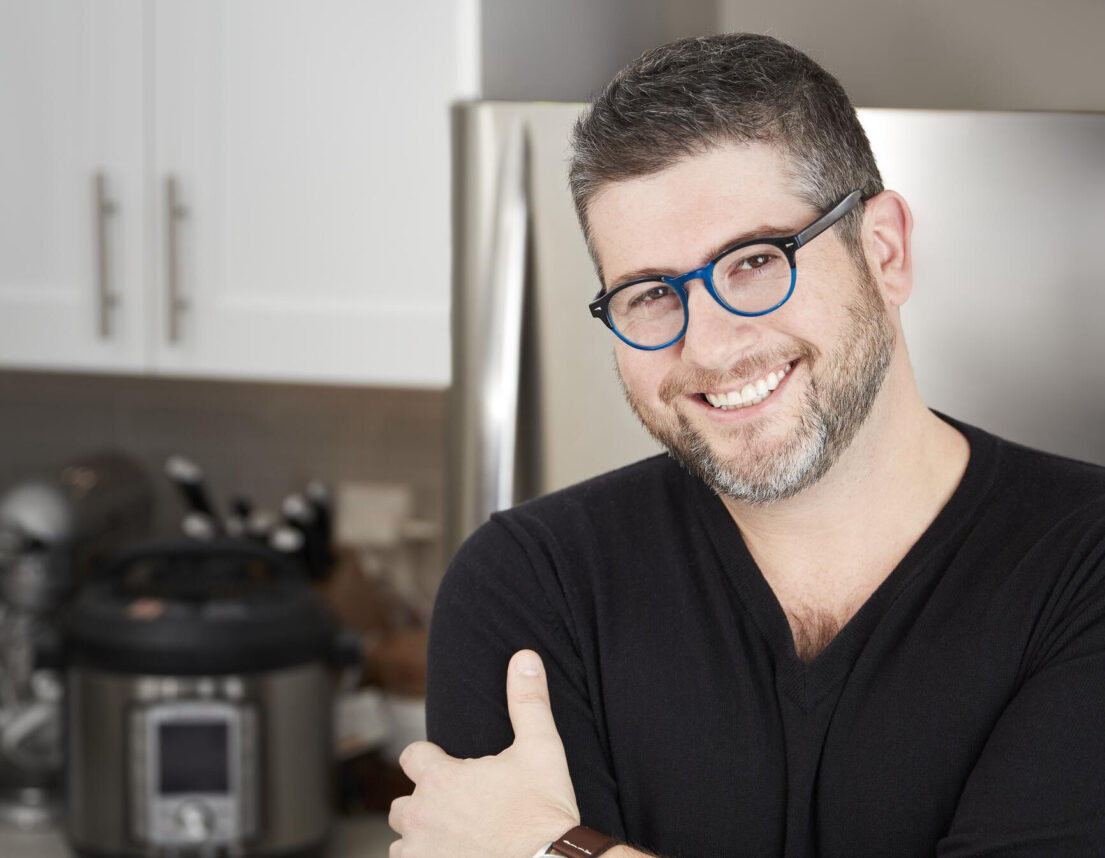
 More news and opinions than at a Shabbat dinner, right in your inbox.
More news and opinions than at a Shabbat dinner, right in your inbox.